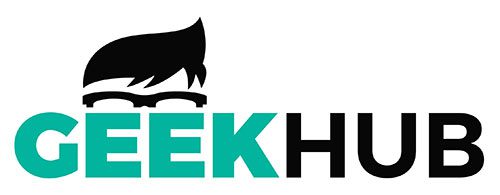The buzz surrounding South Africa’s 2024 matric results is undeniable. A record-breaking 87.3% pass rate, surpassing even 2023’s impressive 82.9%, has ignited celebrations across the nation. KwaZulu-Natal, Gauteng, and the Eastern Cape lead the charge with Bachelor passes, fuelling dreams of university education. But amidst the jubilation, a critical question lingers: do these results truly reflect the state of our education system? After enduring 12 years of a system often likened to a military regime, have our matriculants truly found their purpose?
Skills Development
Artificial intelligence, self-driving vehicles, green energy, and cryptocurrency may seem worlds away from South African classrooms. Yet, this technological push towards a vastly different future mirrors a crucial question: are we equipping our learners with the right skills? Just as we question the future of apps or physical currency, we need to interrogate the relevance of a matric certificate in today’s world.
Schooling is undoubtedly crucial for foundational skills like reading, writing, and socialising. But is a 12-year commitment truly necessary to achieve this? And what about the quality of education itself? While distinctions are up, concerns remain about foundational skills, especially in science. International comparisons show South Africa lagging, raising concerns about our graduates’ readiness for a rapidly changing world. Does our system truly teach essential life skills like financial literacy, independence, and problem-solving?
Beyond the Numbers
This isn’t just about numbers. More than ever, matriculants seem confused and indecisive about their futures. Schooling emphasises standardised testing and memorisation, neglecting creativity and critical thinking. This focus on conformity hinders innovation and individual exploration.
Furthermore, South Africa’s education system carries a heavy legacy of inequality. The gap between our top and bottom schools is wider than anywhere else in the world. Some learners have access to cutting-edge resources, while others are stuck with outdated textbooks. Despite initiatives like the Funza Lushaka bursary program and the National School Nutrition Program, the playing field remains uneven. Access to quality education shouldn’t be a lottery, but a fundamental right.
The Harsh Reality of The Dropout Crisis
The current schooling model, with its one-size-fits-all approach, fails to cater to diverse learning styles. This rigid structure often leaves students feeling frustrated, disengaged, and discouraged, diminishing the joy of learning. The intense focus on grades creates a stressful environment, contributing to a high dropout rate.
While the Free State boasts a 91% pass rate and the Western Cape excels in maths and science, a sobering reality casts a shadow. A staggering 40% of learners who started Grade 1 in 2013 never reached matric. This ‘dropout crisis’ paints a starkly different picture, with the ‘real’ pass rate estimated closer to 50%.
Rethinking the Role of Matric
Now, some may argue that academic knowledge trumps practical skills. However, much of the traditional curriculum holds little relevance to modern life. By defining success solely through academic performance, we risk limiting students’ potential and neglecting crucial skills like emotional intelligence, creativity, and social responsibility.
A Call for Transformation
So, where do we go from here? South Africa needs to rethink the role of matric in a world increasingly driven by technology and global competition. This means tackling the dropout crisis, investing in teacher training, and ensuring our curriculum equips learners with the skills they need to thrive. It’s about more than just passing exams; it’s about unlocking potential and building a future where every child has the opportunity to succeed.
The 2024 matric results are a wake-up call. We can celebrate the achievements, but we cannot ignore the underlying challenges. It’s time to move beyond the hype and focus on building an education system that truly serves all South Africans.
